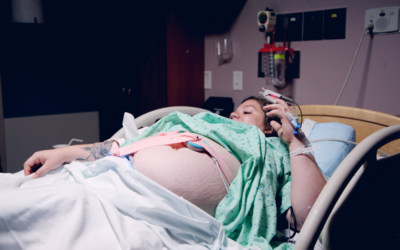Disastrous impacts of misdiagnosing Cauda Equina Syndrome
When the nerves at the end of the spinal cord are compressed too hard and for too long, Cauda Equina Syndrome can result. There are different ways in which this compression can happen.
There are different signs and symptoms, not all of them happening together, but the classic symptoms are low back pain travelling down the leg, loss of bowel or bladder control and numbness.
A person might go to their GP or the Emergency Department of a hospital complaining of symptoms which a trained diagnostician should pick up as suggesting the possibility of Cauda Equina Syndrome and therefore a surgical emergency requiring urgent diagnostic investigation and if confirmed, surgical intervention.
A Cauda Equina Syndrome, for example, might have been caused by a prolapsed lumbar intervertebral disk compressing on the area at the base of the spine (the Cauda Equina) and the compression urgently requires being released by surgery, i.e. surgical decompression.
If the pressure on the Cauda Equina is allowed to go on for too long, a syndrome might develop and be irreversible.
In those cases where a person develops a genuine Cauda Equina Syndrome and has good reason to believe that it was caused by failure to diagnose and treat in a timely way, then a lawyer with experience in this area is more likely to be able to not only understand the case and identify a suitable expert but to bring it to a successful conclusion.
Disclaimer: The content of this article is intended only to provide a summary and general overview of matters of interest. It does not constitute medical or legal advice and should not be relied on as such.




